12 Ultimate Guide to Mastering Photography Techniques and Photo Tutorials
Photography is not just about capturing beautiful images; it's about understanding the techniques and principles that can help you achieve optimal results. Whether you're an amateur or a professional photographer, this comprehensive guide will provide you with valuable insights and resources to enhance your photography skills. From high-speed photography to infrared photography, we'll cover a wide range of techniques that will take your photography to the next level.
Table of Contents
- High-Speed Photography
- Tilt-Shift Photography
- Black and White Photography
- Motion Blur Photography
- Infrared Photography
- Night Photography
- Smoke Art Photography
- Macro Photography
- HDR Photography
- RAW Processing
- Panoramic Photography
- Special Photography Techniques
Let's dive into each technique in detail, providing you with tips, tutorials, and examples to help you master the art of photography.
High-Speed Photography
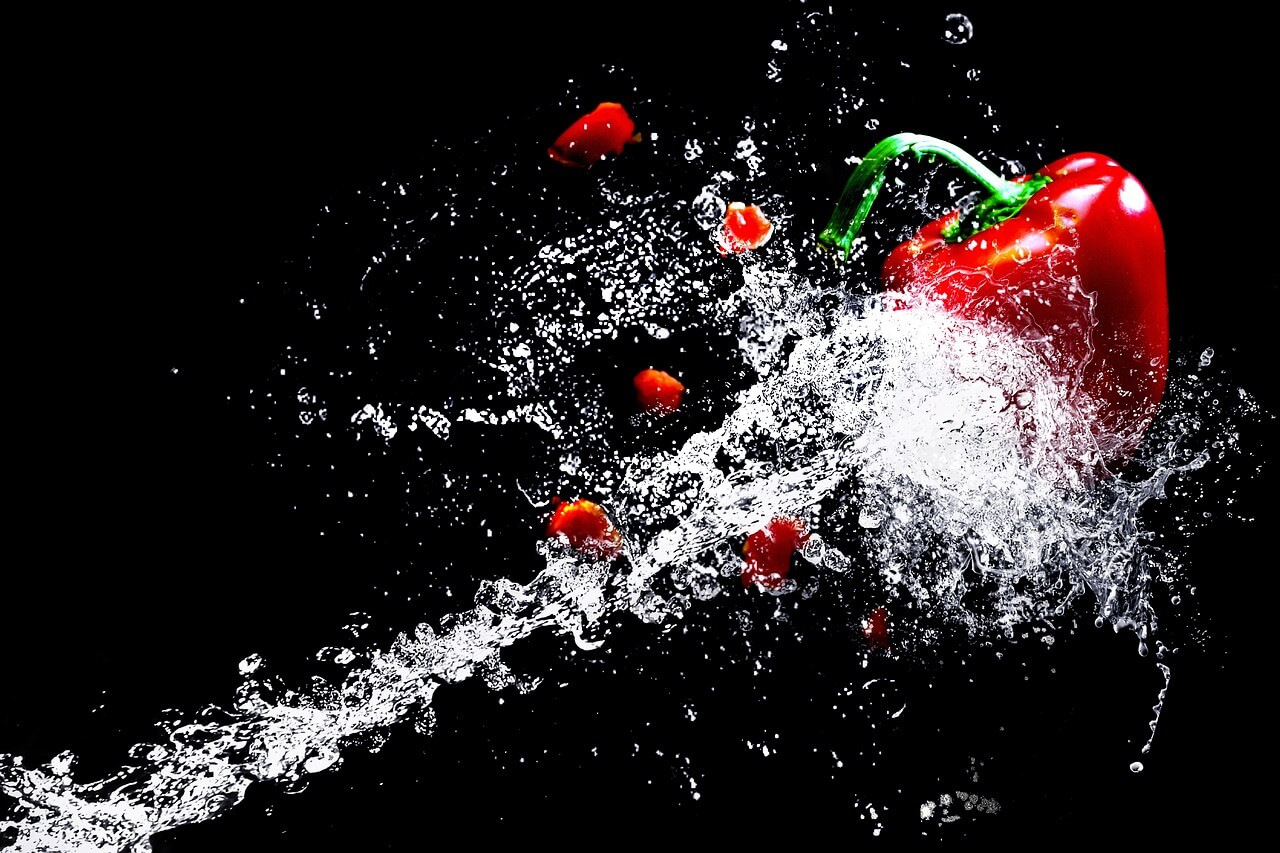
High-speed photography captures moments that are too fast for the human eye to perceive. It allows you to freeze motion and capture stunning images of events that happen in the blink of an eye. From bursting balloons to splashing liquids, high-speed photography reveals hidden structures that are otherwise invisible.
Tilt-Shift Photography

Tilt-shift photography is a technique that uses camera movements to control the orientation and perspective of the image. It creates a unique effect that makes scenes appear as if they are miniature models. By manipulating the lens and using specific techniques, you can achieve stunning results with tilt-shift photography.
Black and White Photography
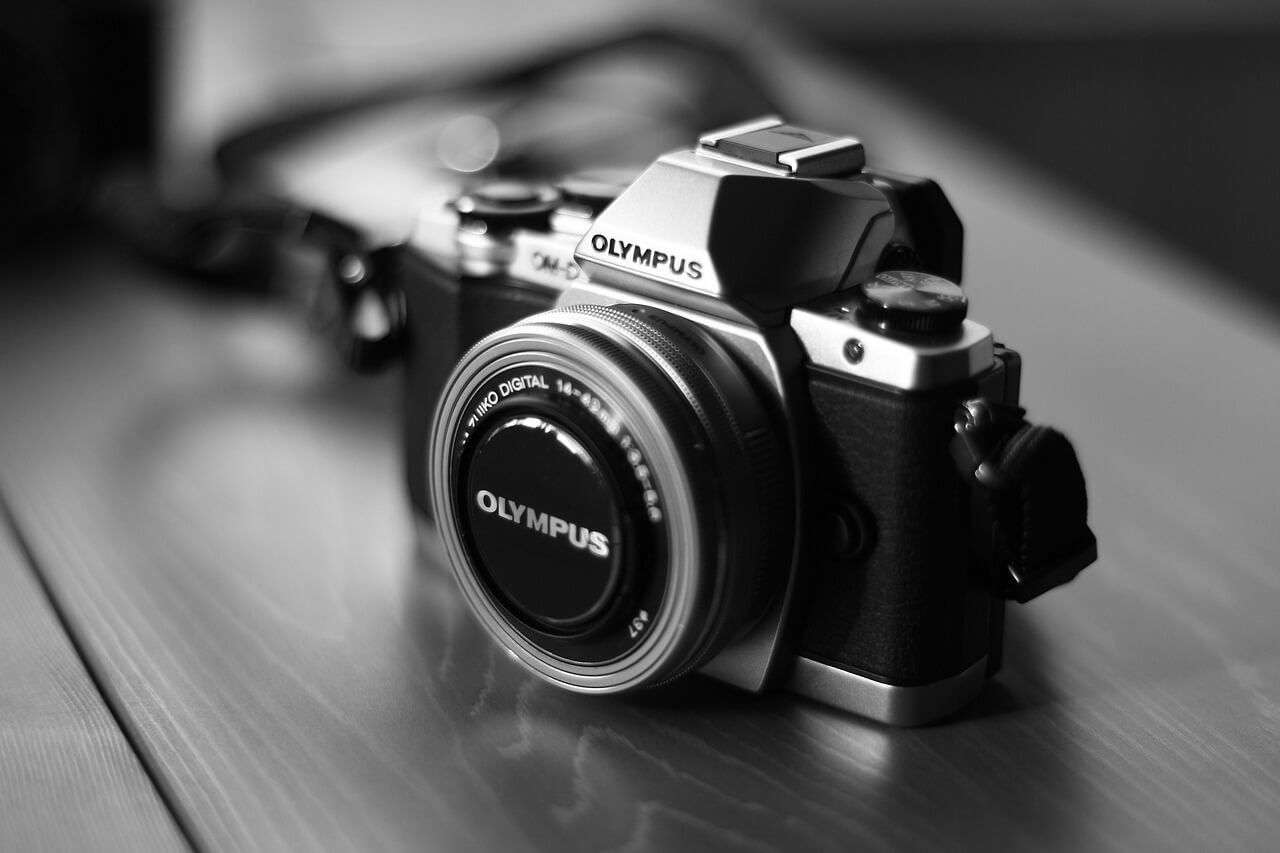
Black and white photography has a timeless appeal, capturing the essence of a scene in shades of gray. It requires a different approach to composition, lighting, and post-processing. With the right techniques and understanding of black and white photography, you can create stunning monochrome images that evoke emotions and convey a unique perspective.
Motion Blur Photography
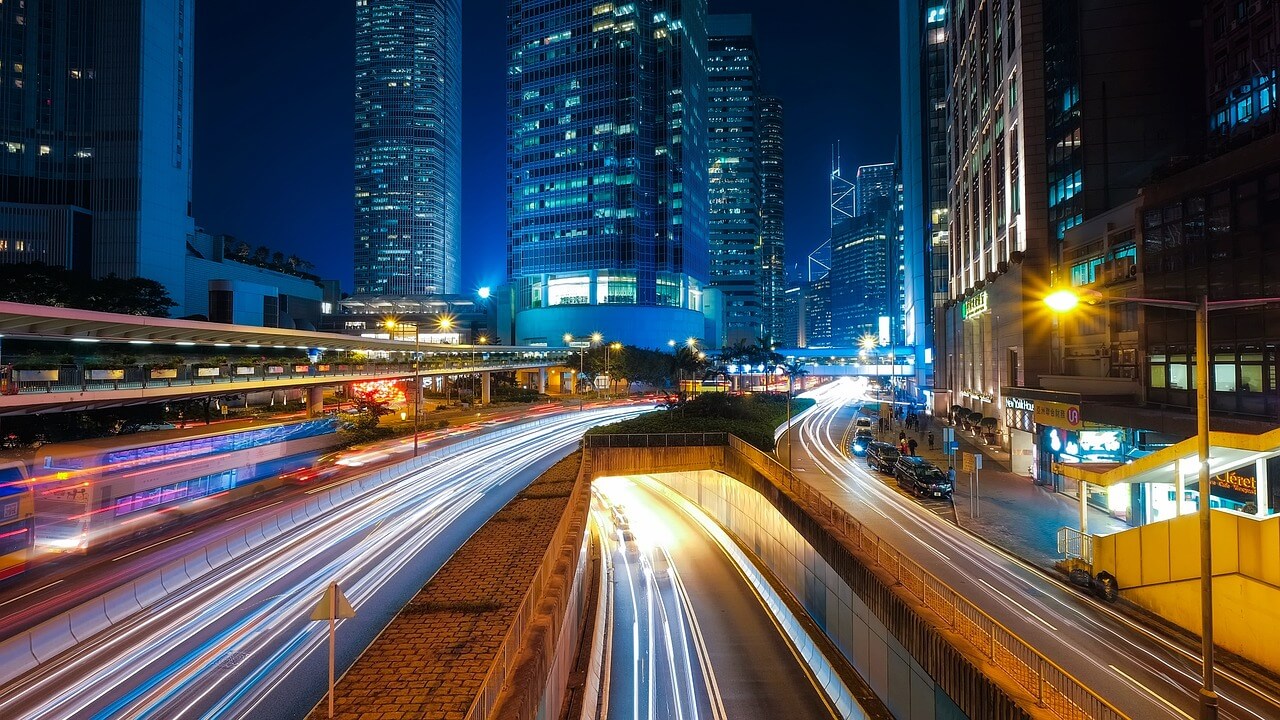
Motion blur photography is all about capturing movement and creating a sense of speed in your images. By using slow shutter speeds, you can create dynamic and artistic photographs that convey a sense of energy and motion. Whether it's capturing a moving car or a flowing waterfall, motion blur photography adds a unique touch to your portfolio.
Infrared Photography

Infrared photography reveals a hidden world that is beyond the spectrum of visible light. It captures images using infrared radiation, allowing you to see landscapes and subjects in a completely new way. With the advancement of digital photography, you can easily experiment with infrared photography and create stunning images that have an ethereal and surreal quality.
Night Photography
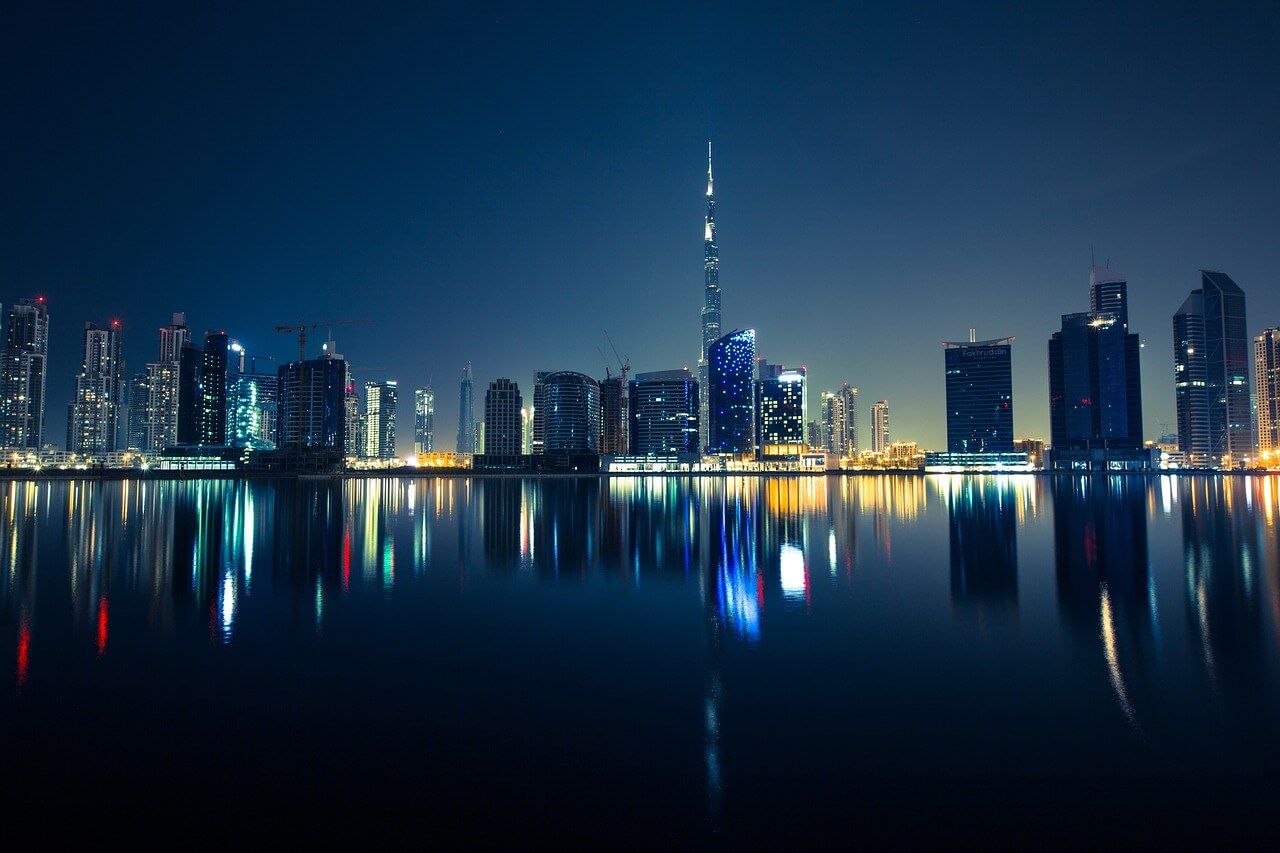
Night photography offers a unique opportunity to capture the beauty of the night sky, cityscapes, and other low-light scenes. It requires a different set of techniques and equipment to achieve optimal results. By understanding the principles of night photography and using the right settings, you can capture stunning images that capture the magic of the night.
Smoke Art Photography
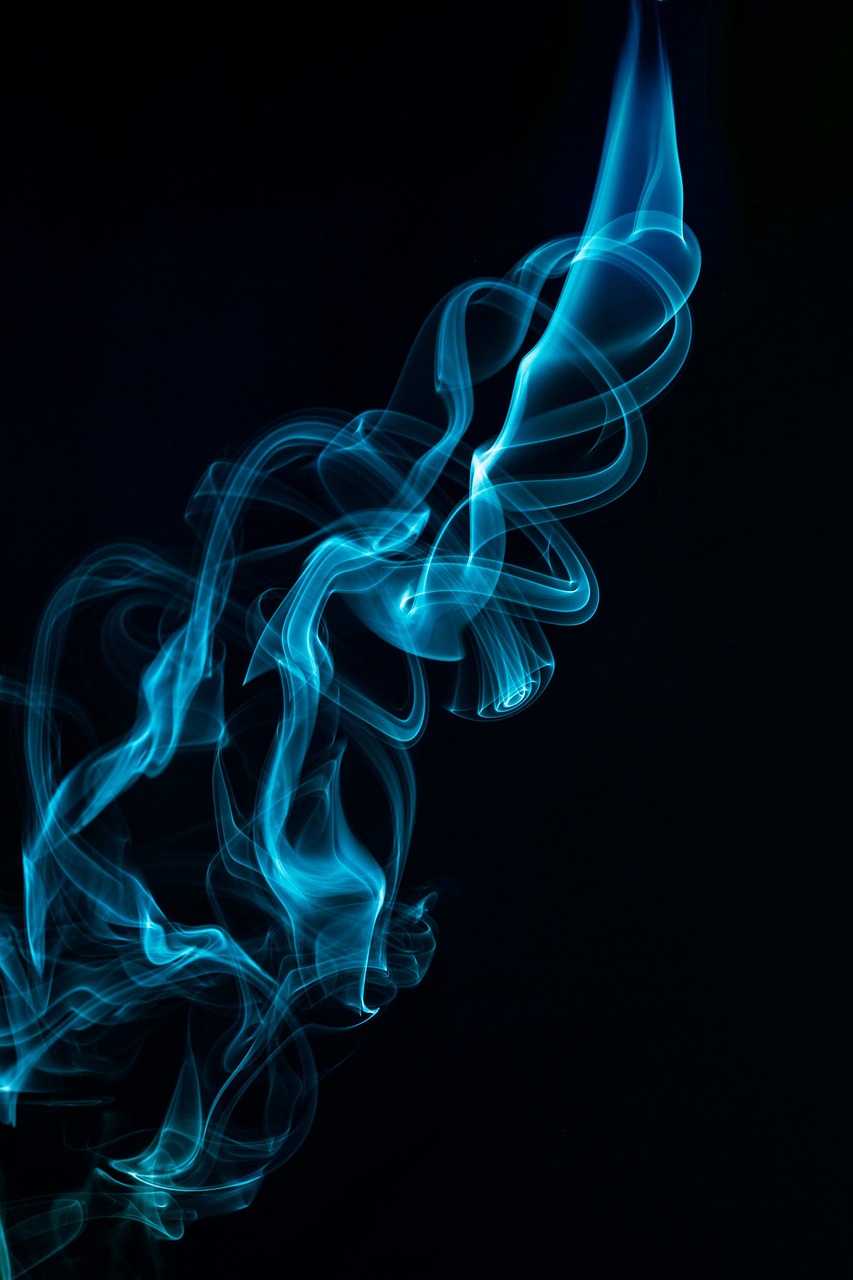
Smoke art photography is a creative technique that involves capturing images where smoke becomes the dominant element. It creates a surreal and abstract effect that adds a touch of mystery to your photographs. With the right setup and techniques, you can create mesmerizing smoke art images that evoke emotions and spark the imagination.
Macro Photography

Macro photography allows you to capture intricate details and explore the world of small subjects. It requires specialized equipment and techniques to achieve sharp and detailed images. From capturing the beauty of flowers to capturing the intricate patterns on insects, macro photography opens up a whole new world of possibilities.
HDR Photography
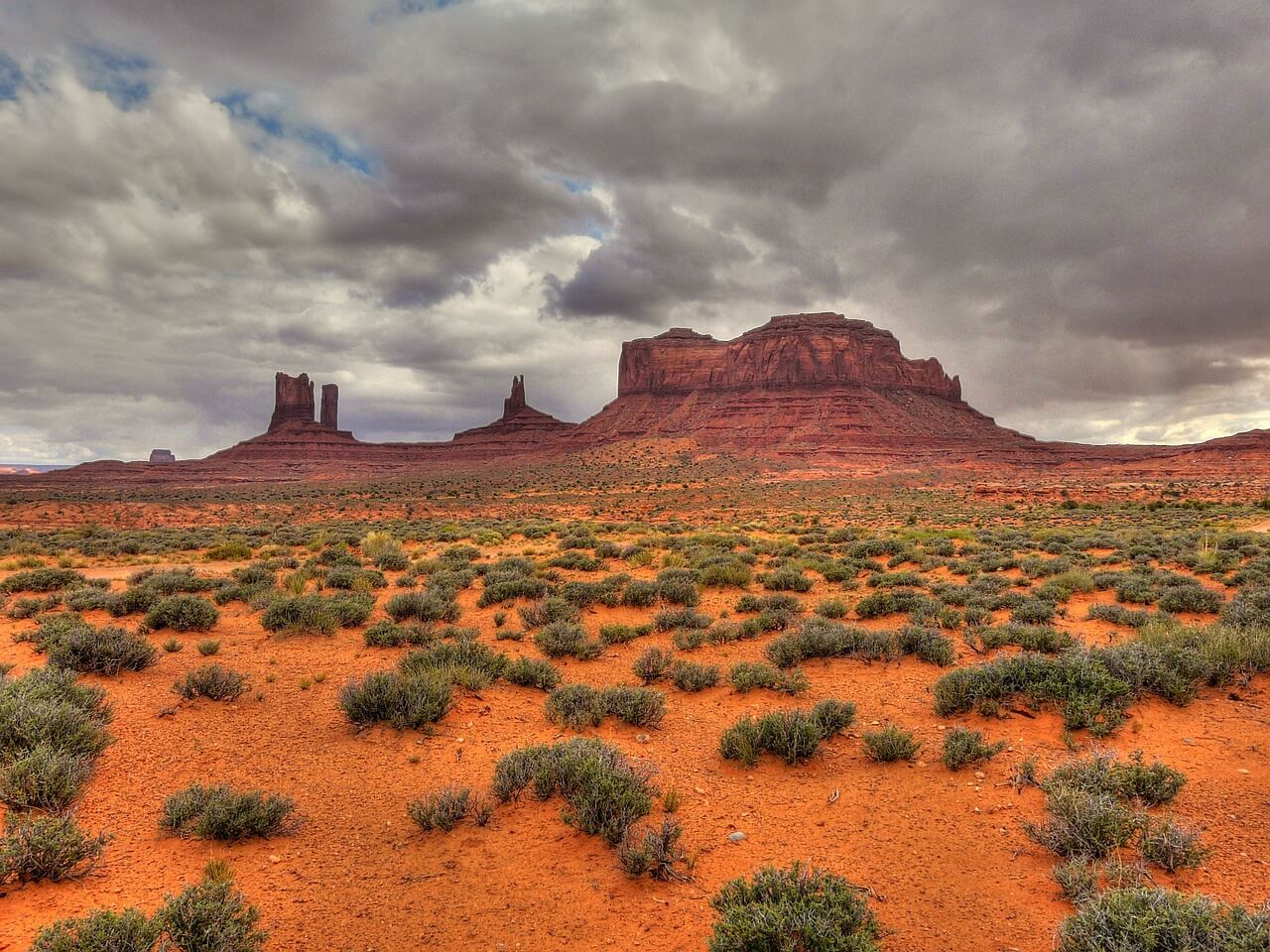
HDR photography, or High Dynamic Range photography, captures a wide range of light and dark tones in a single image. It creates stunning and vibrant photos that have a more realistic and balanced appearance. By blending multiple exposures and using specialized software, you can create HDR images that showcase the full range of tones in a scene.
RAW Processing
RAW processing is an essential step in digital photography that allows you to maximize the potential of your images. RAW files contain minimally processed data from the image sensor, giving you greater control over the final result. By using RAW processing software, such as Capture One or Lightroom, you can enhance colors, adjust exposure, and bring out the full potential of your photographs.
Panoramic Photography

Panoramic photography allows you to capture vast landscapes and scenes by stitching multiple images together. It creates a wide and immersive view that showcases the grandeur of a location. By using specialized techniques and software, you can create seamless panoramic images that transport viewers into the scene.
Special Photography Techniques
In addition to the popular photography techniques mentioned above, there are several other special techniques that can add a creative touch to your images. From architectural photography to lighting hacks, these techniques offer unique perspectives and opportunities to experiment with your photography.
By exploring and mastering these photography techniques, you'll be able to elevate your photography skills and create stunning images that captivate viewers. Remember to practice, experiment, and always keep learning to unleash your creative potential. Happy shooting!
Additional Information: Remember to always prioritize safety when practicing high-speed photography or any other technique that involves potential risks. Always follow safety guidelines and use proper equipment to protect yourself and your surroundings.


